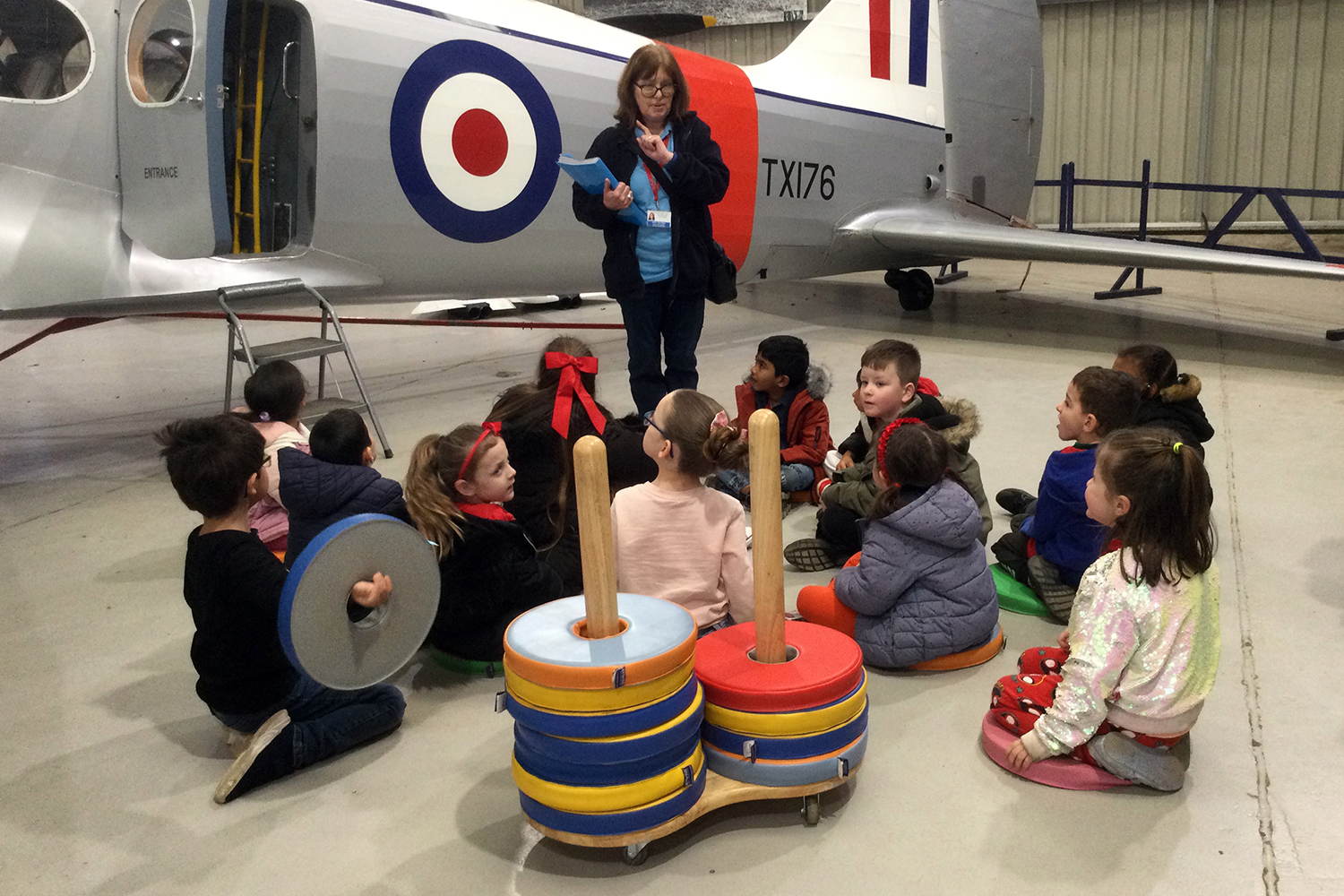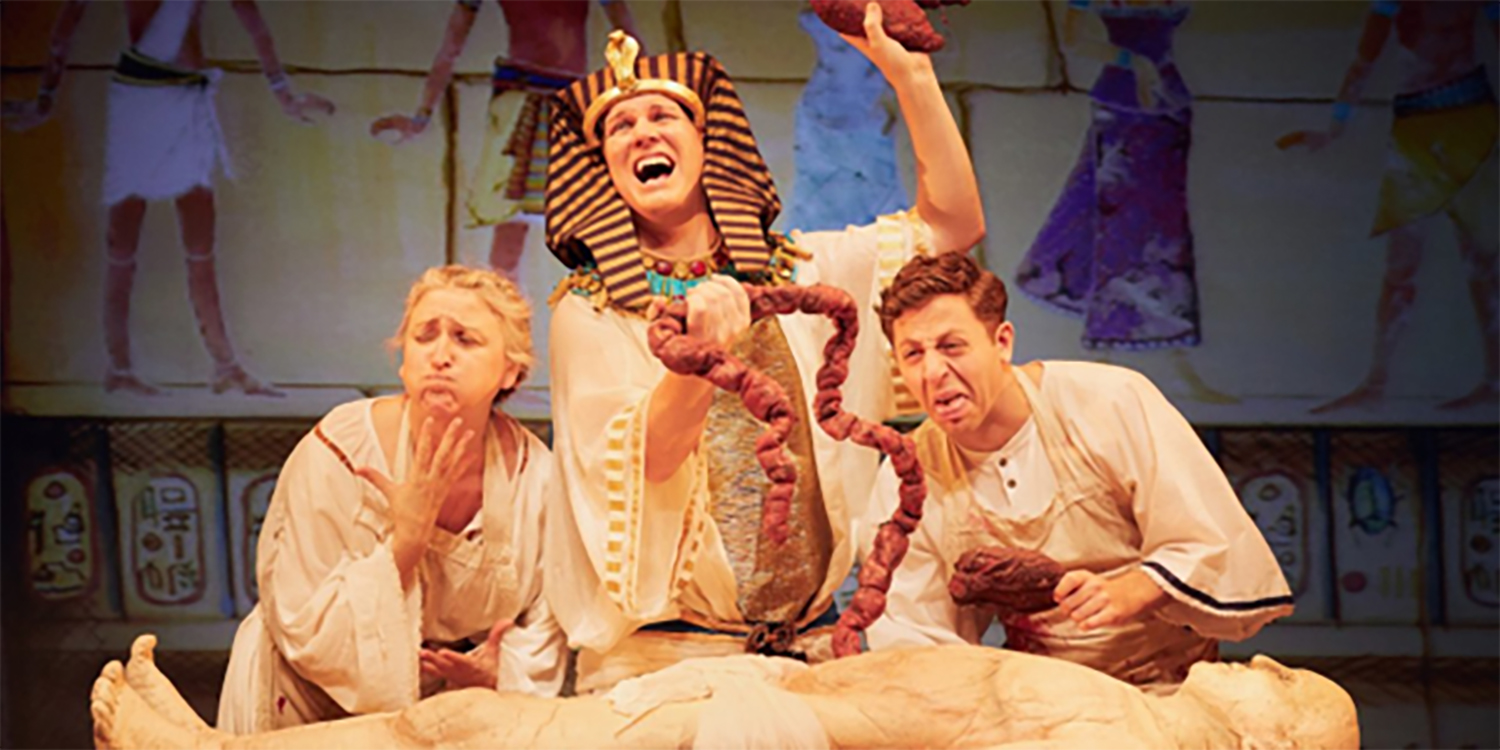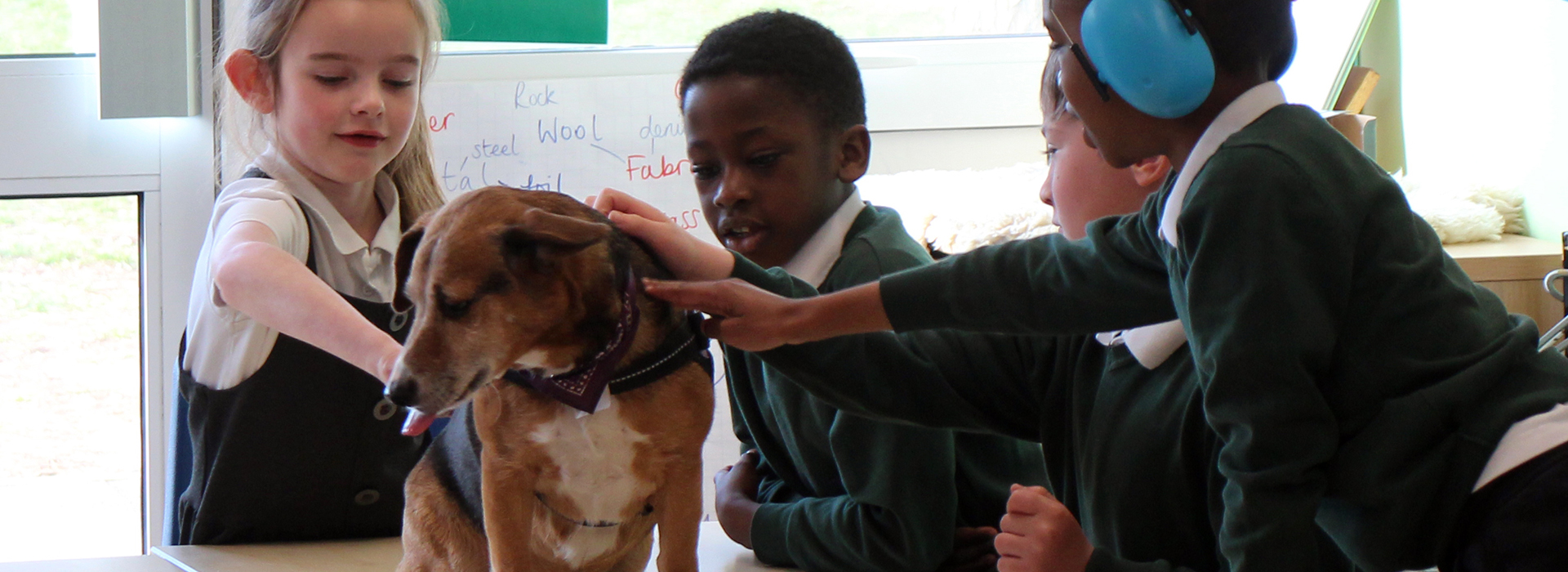
Our learning powers : Curiosity
Meeting the animals at Whispnade - July 2025
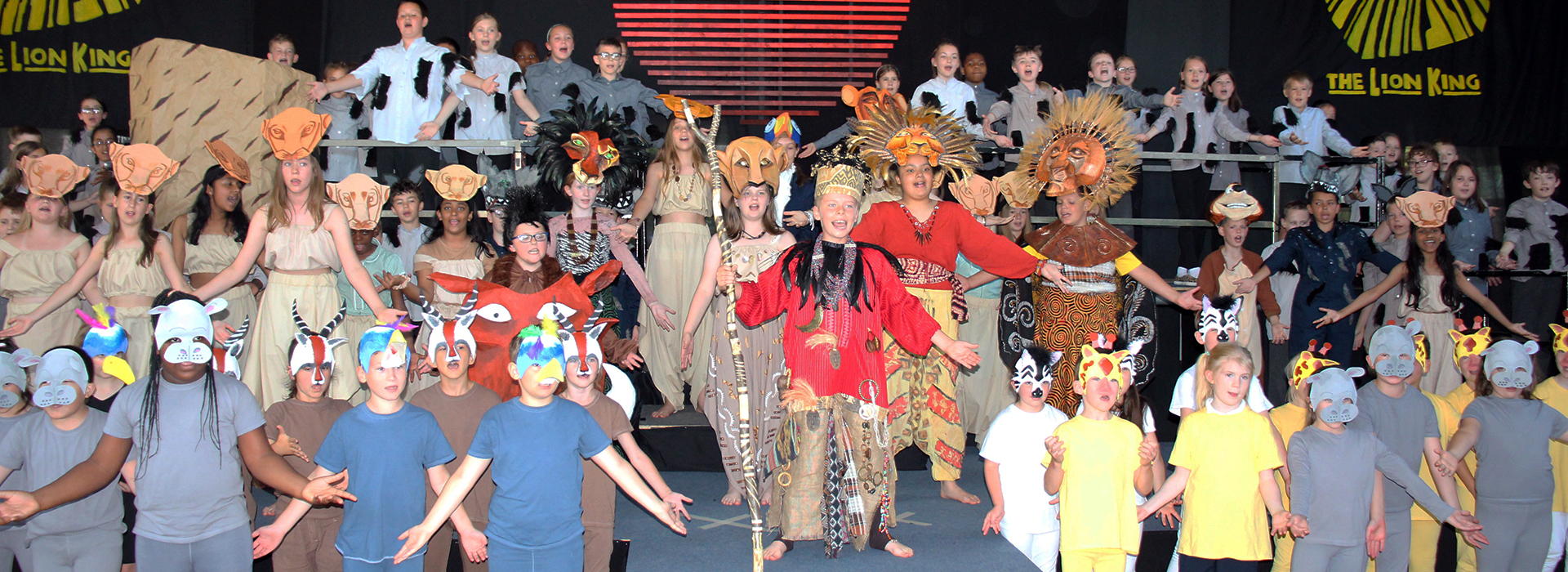
Our learning powers : Co-operation
Young Voices at the O2 - February 2025
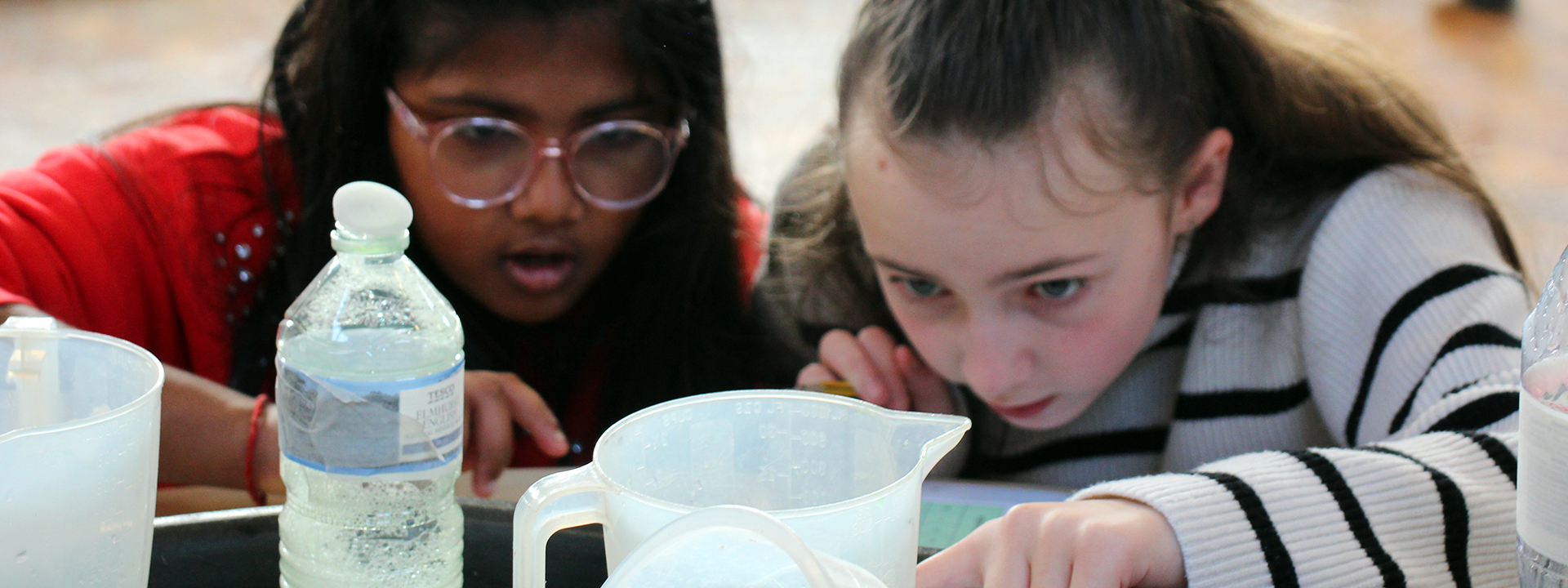
Our learning powers : Perseverance
Developing letter formation in Early Years
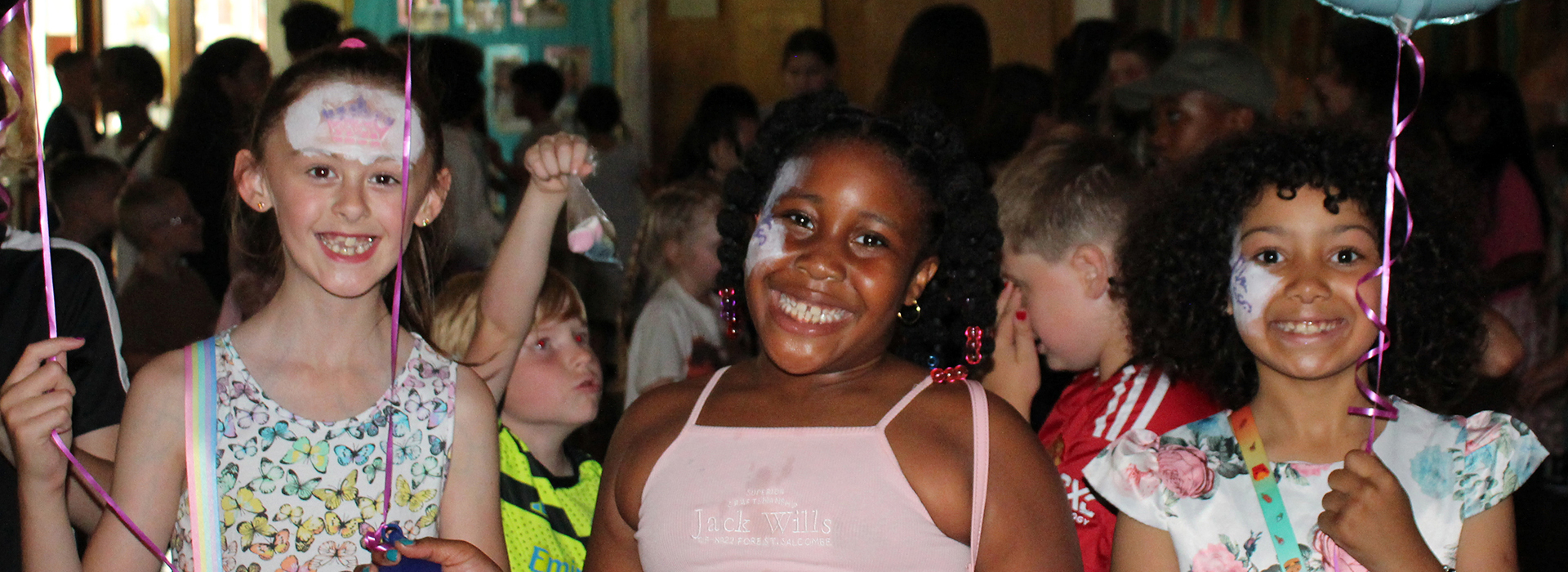
Our learning powers : Empathy
Sharing the fun at our Summer Disco
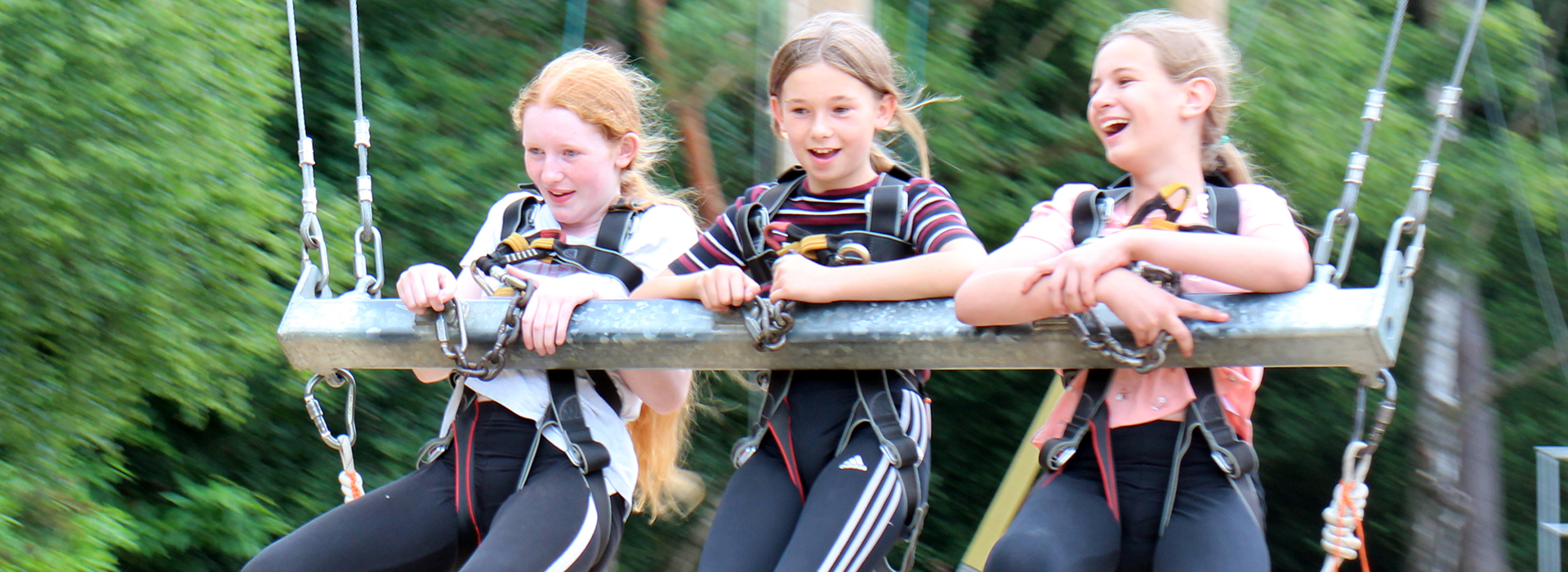
Our learning powers : Independence
Building confidence and bravery at PGL
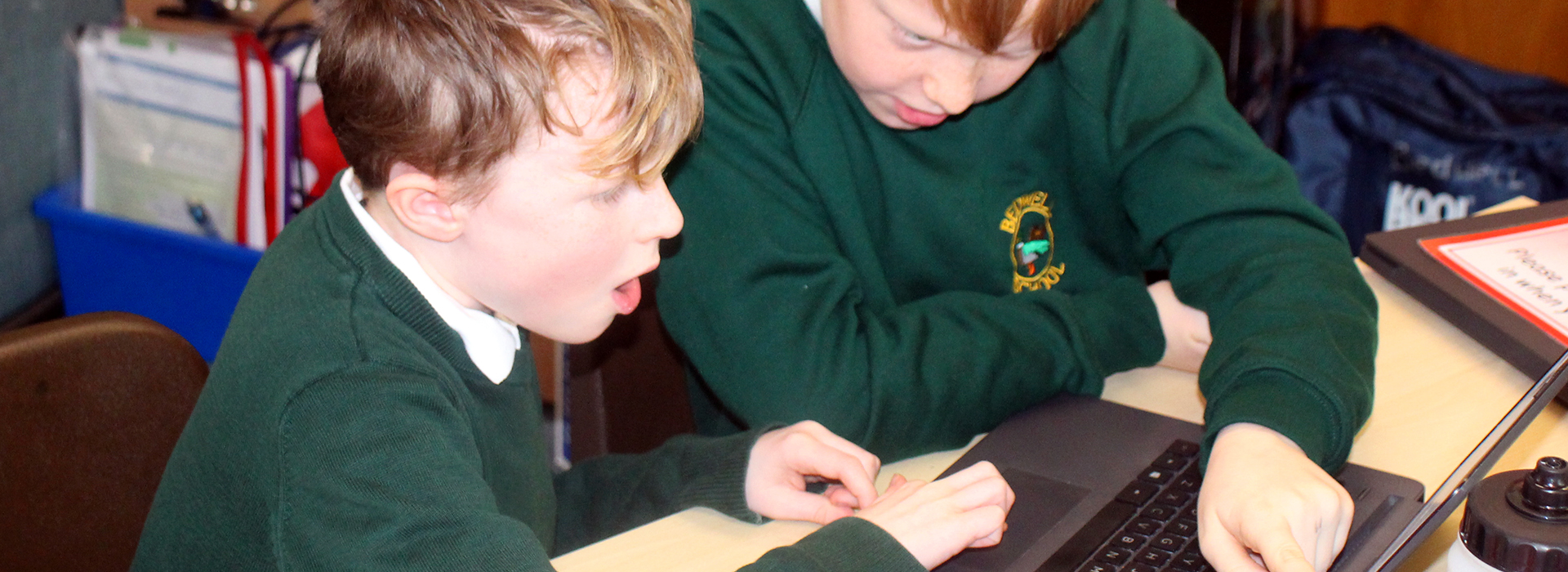
Our learning powers : Reflectiveness
Editing and improving our writing in Year 5
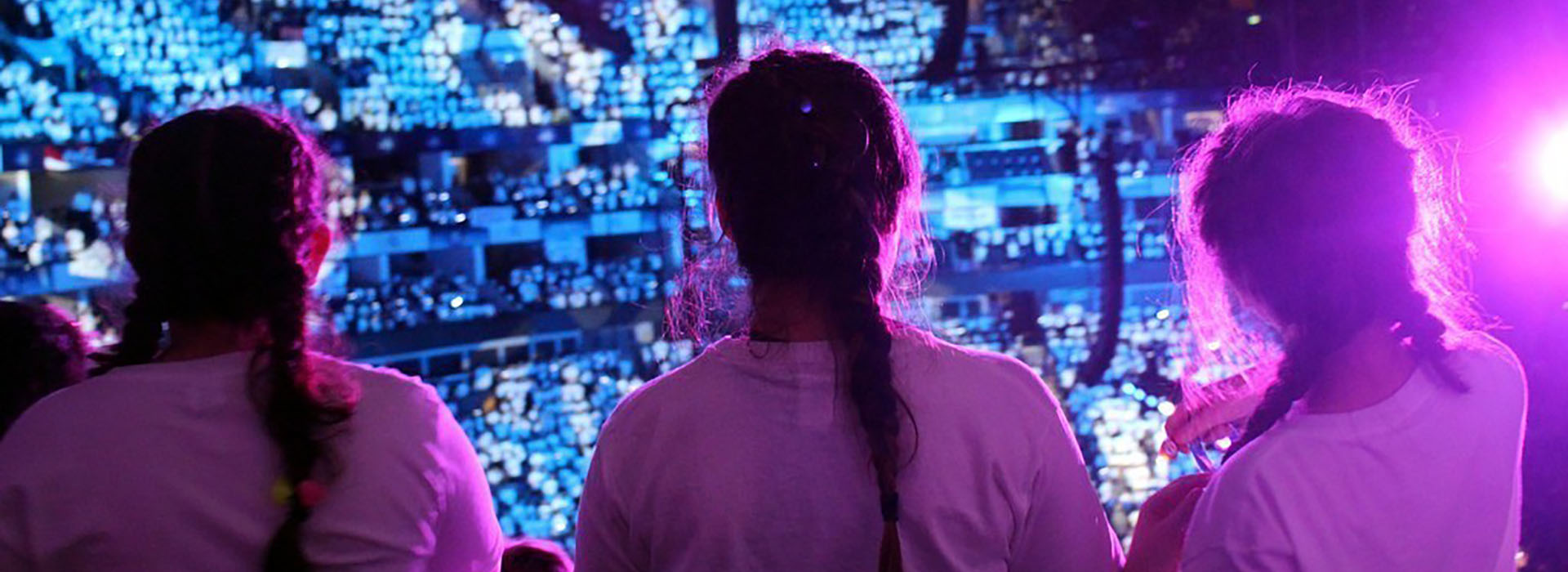
Our learning powers : Curiosity
Meeting the sharks at Sea Life London!
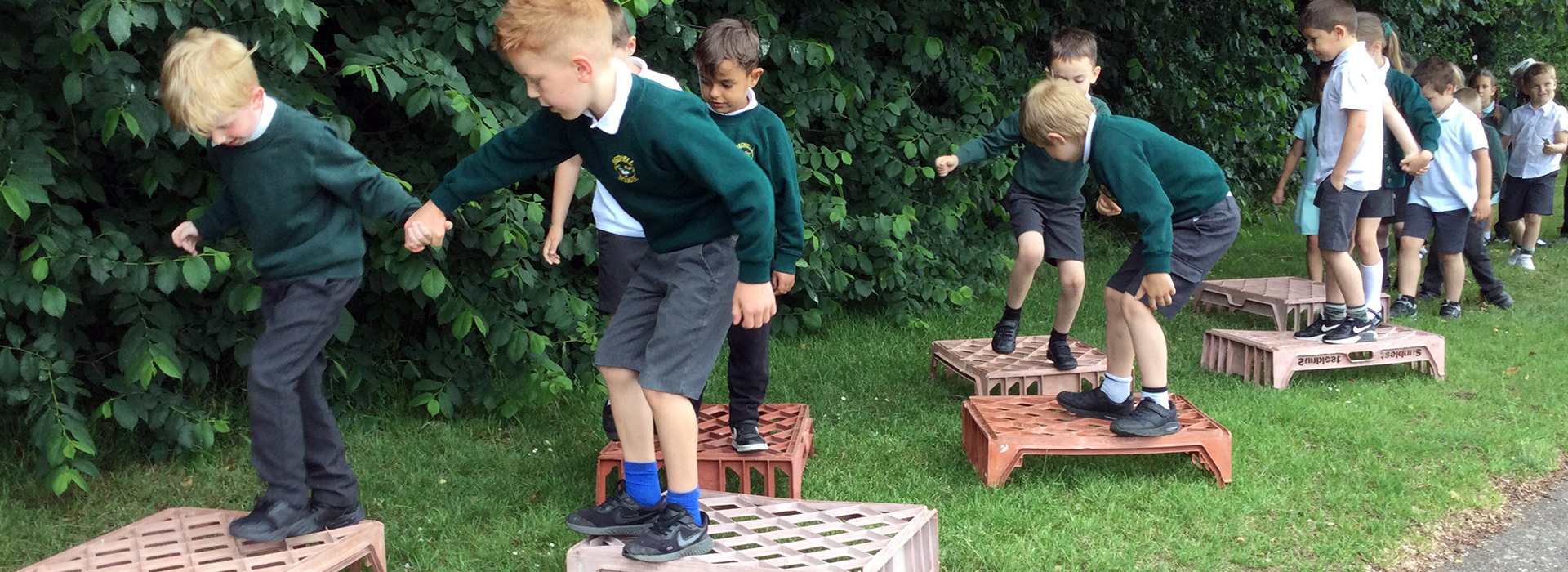
Our learning powers : Perseverance
Crossing the crocodile-infested river in Year 1!
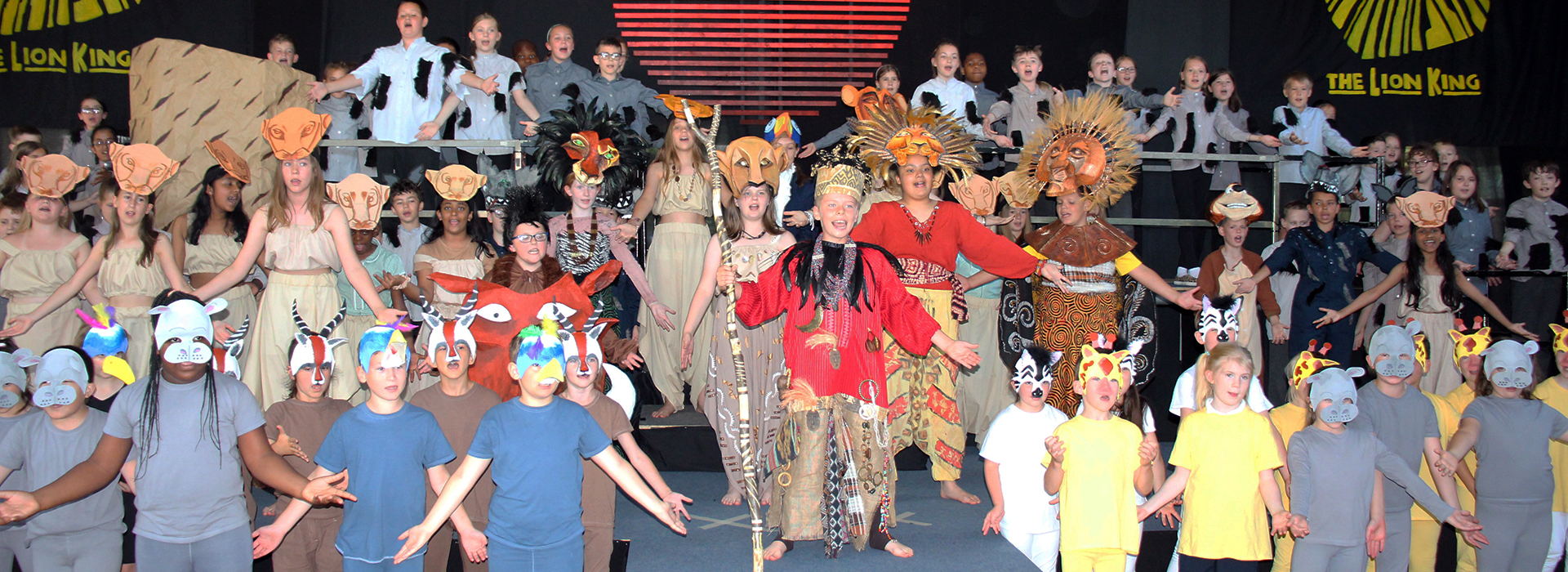
Our learning powers : Co-operation
Girls Football Festival - March 2025
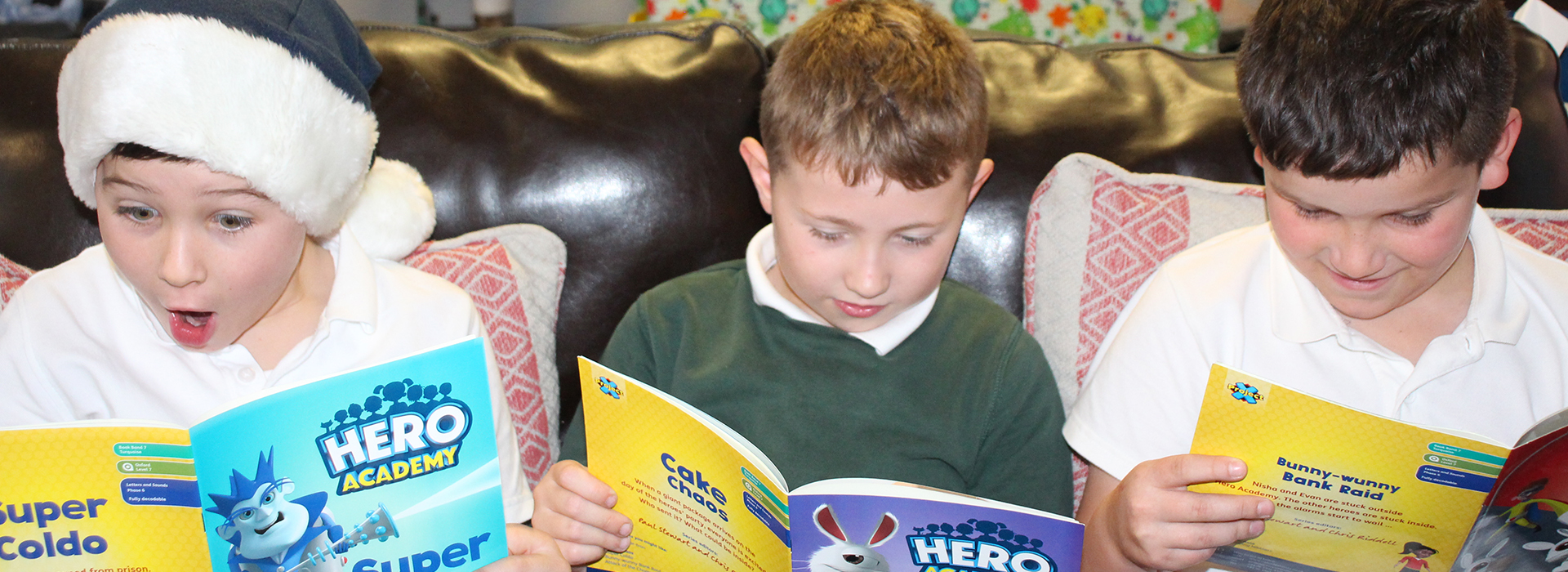
Our learning powers : Empathy
Discovering what it was like to grow-up during WW2
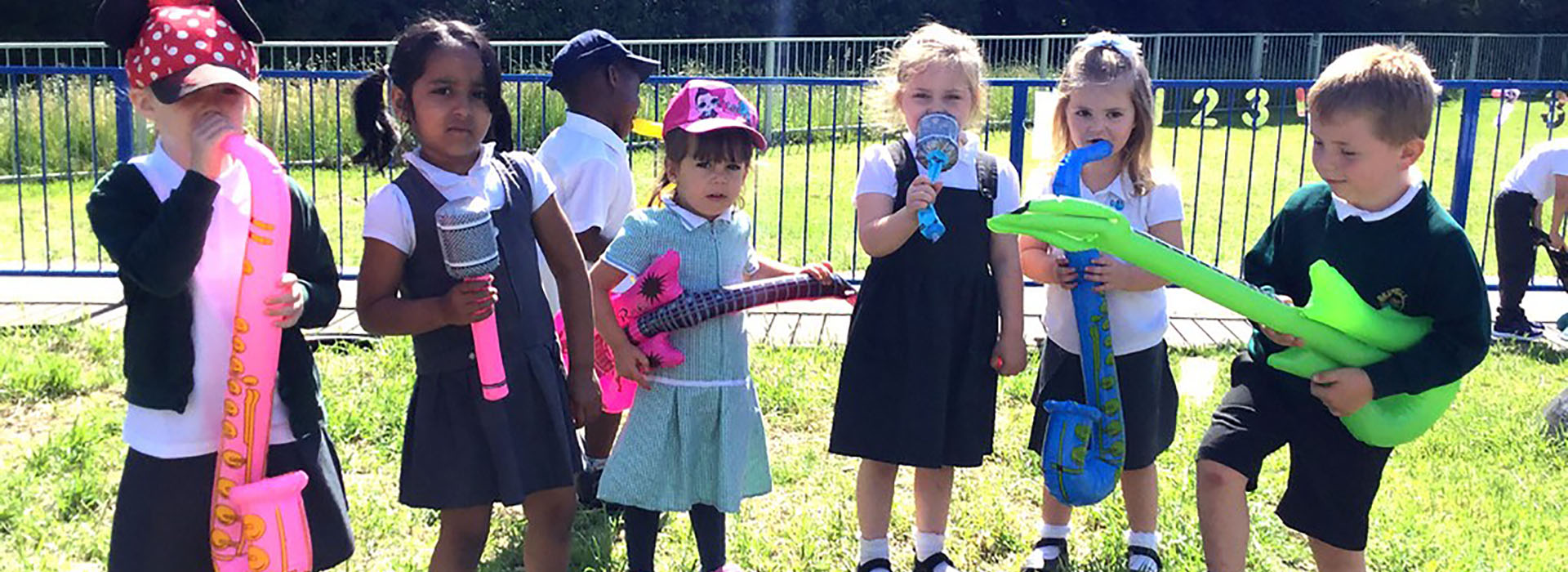
Our learning powers : Independence
Finding resources to make ourselves a band!
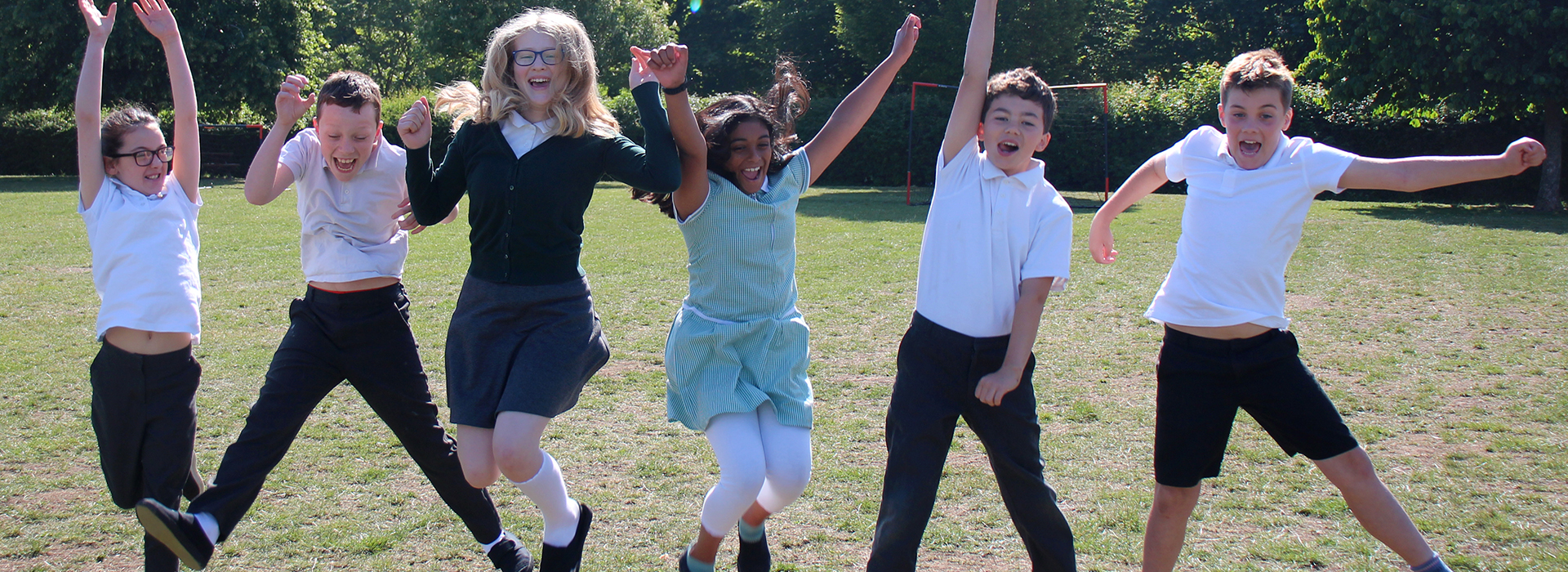
Our learning powers : Reflectiveness
Carefully checking our measurements in Year 5
